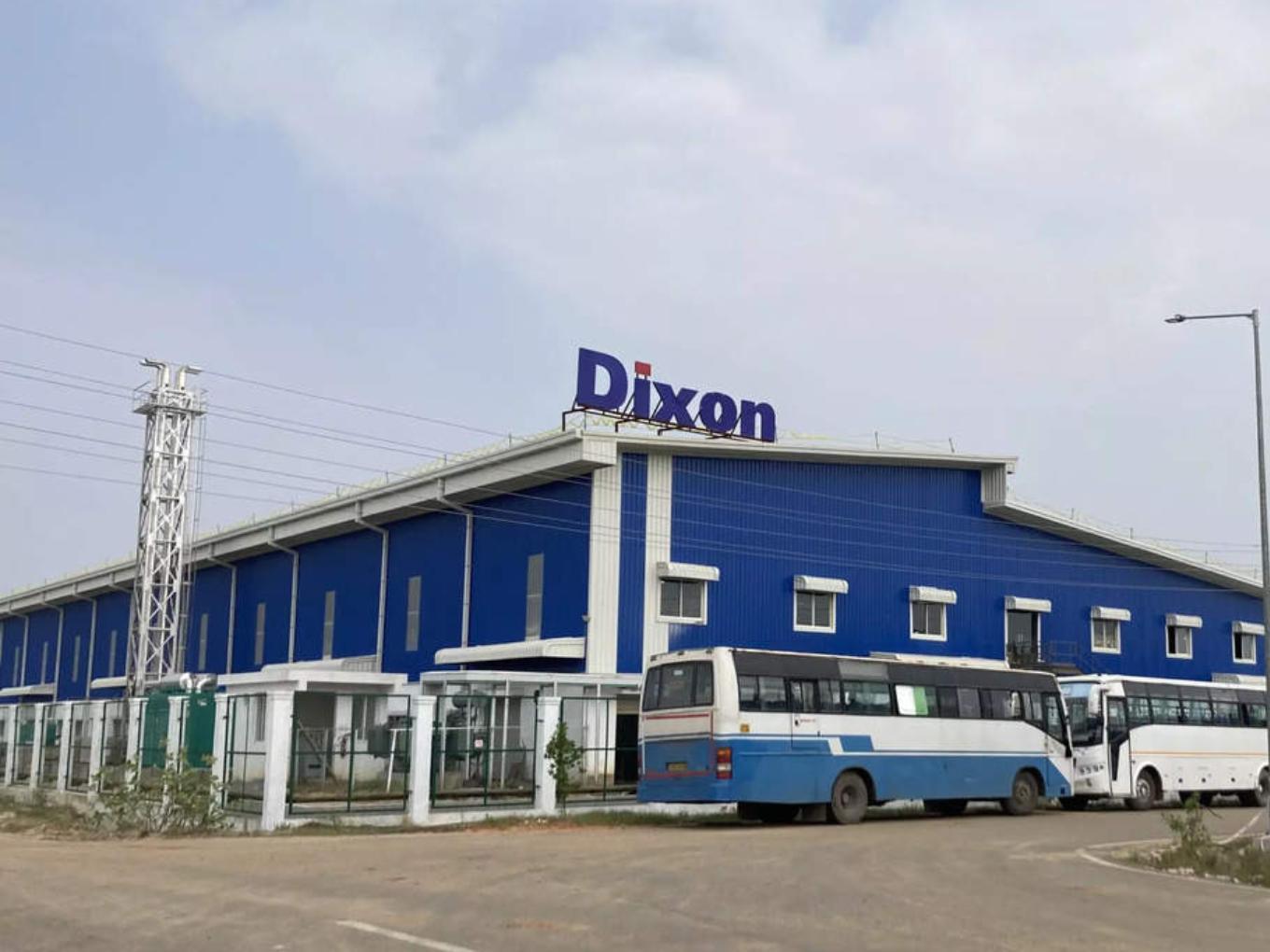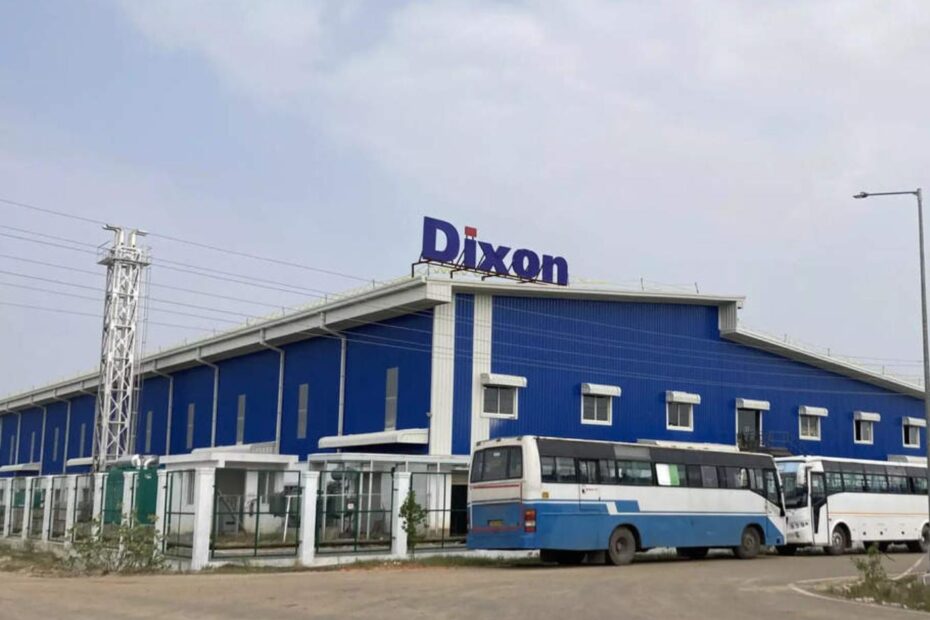[[{“value”:”
Homegrown electronics manufacturer Dixon Technologies is reportedly seeking a partnership with China’s HKC for its display module manufacturing unit and has sought the Indian government’s approval.
A CNBC-TV18 report said that Dixon has sought permission under Press Note 3, which mandates government approval for foreign investments from countries sharing a land border with India, including China, Afghanistan, Pakistan, Nepal, Bhutan, Bangladesh and Myanmar.
The proposed partnership involves setting up a display module factory in Noida, catering to mobile phones, laptops and televisions. HKC is expected to hold a minority stake in the project, which aims to commence commercial production of tablets, laptops and mobile phones priced under INR 15,000 by next year.
Dixon’s executive chairman Sunil Vachani confirmed that the company has filed the application and started the construction and design of the new facility.
Explaining the rationale behind the move, Vachani pointed out that Korean and Taiwanese firms have exited the low-end display technology segment, creating a market opportunity. He added that the application, filed about six weeks ago, will be considered on a case-by-case basis.
Dixon is also exploring multiple partnerships to deepen India’s manufacturing ecosystem for diodes and components. The company already participates in five Production-Linked Incentive (PLI) schemes, covering telecom, LEDs, air conditioners, and IT hardware.
It has also submitted proposals under the PLI scheme for high-value components like compressors and motors.
Why Indian Players Are Partnering With Chinese Firms
Dixon has already entered a joint venture with Vivo to set up an OEM facility for smartphones and other electronics in India. With China dominating the global electronics sector, many Indian companies have opted for joint ventures with Chinese firms, especially in mobile phone and component manufacturing.
Chinese mobile phone maker BBK Group also partnered with Dixon Technologies and Karbonn Group for the production of its Oppo, Vivo and Realme smartphones. Oppo, meanwhile, has begun local production through the Bhagwati-Huaqin joint venture in Greater Noida.
However, media reports have suggested that the Indian government has pressured Chinese firms to partner with local manufacturers and that these partnerships are a prerequisite for accessing PLI incentives.
Recent reports suggest that the government may permit Chinese companies to benefit from PLI incentives under the Electronics Component Manufacturing Scheme — but only if they form joint ventures with Indian partners, retain Indian management control, and limit Chinese equity (typically between 10–49%, depending on the scheme).
According to the Semiconductor Industry Association, China accounted for 36% of global electronics manufacturing in 2023, producing smartphones, computers, cloud servers, and telecom gear, and contributing 33% of global electronics exports.
But geopolitical tensions and trade uncertainties have pushed Chinese firms to diversify their manufacturing bases beyond China, with India emerging as a strategic alternative.
For Indian players, these partnerships offer access to critical components and technology still dominated by China. At the same time, both sides benefit from India’s rapidly growing smartphone market- with shipments reaching 151 Mn units in 2024.
In April, China imposed export restrictions on rare earth metals, critical for electronics manufacturing. It remains a dominant player in semiconductors and chip production, adding to its strategic importance in the global supply chain.
The post Dixon Seeks Govt Nod To Partner China’s HKC For Module Unit appeared first on Inc42 Media.
“}]]
Read More  Latest Startup News From The Indian Startup Ecosystem – Inc42 Media
Latest Startup News From The Indian Startup Ecosystem – Inc42 Media
